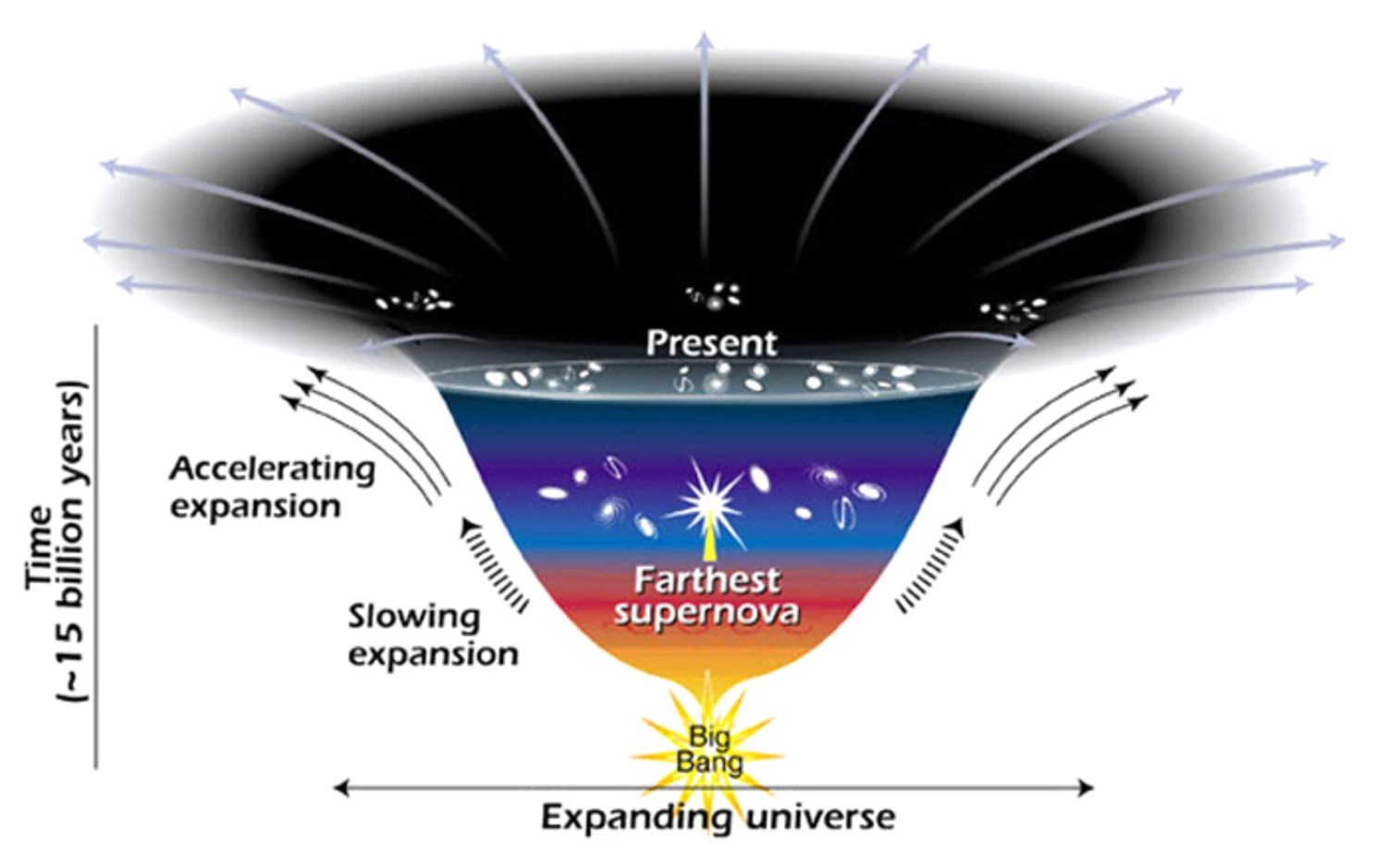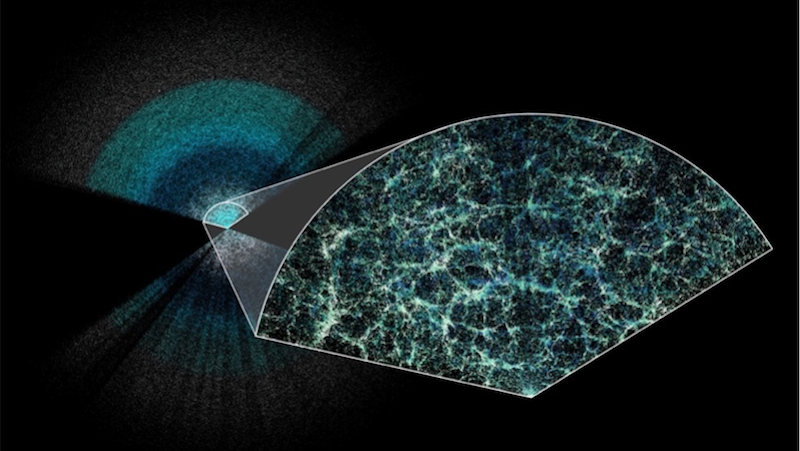Topic: Why George Bush is not to Blame for Everything
Derek Chollet: One of the interesting kind of evolutions over the last seven years, or eight years under Bush, has been the intense dislike and belief that Bush is failing, which I think it’s true. Justified dislike and it’s true that there has been a lot of policy failures with the rise of the new media, with the rise of the so-called net roots and more outlets for expression and for raising money and all that sort of stuff. I think part of what we hope to do in this book is provide some historical perspective on some of these problems. It’s not to justify in any way what Bush has done, but I think it’s to show that some of the problems that we face in the world today, whether it’s how you deal with a globalizing economy or how you deal with these questions on the use of force, or things like promoting democracy, that these are questions we’ve been struggling with as a country for almost two decades now since 11/9, and that so rather than sort of fast forward through these years, the years from the fall of the wall and the fall of the towers on 9/11, fast forward them is irrelevant to the moment, it’s actually they’re very instructive to trying to understand the world we face today and the choices we have in front of us. There might be a generational aspect to this where for a lot of people, because of their age or what, they came of age post 9/11. So the Clinton years for a good reason are sort of dim and not things that folks were young during, and so it’s understandable whereas if all you know is the Bush approach to things, it’s quite controversial and that idea that anyone would seek to do anything similar to what Bush is doing would be crazy. But I think hopefully by using this piece of old media, a book, we hope to help kind of enrich the debate a little bit and give a broader context and maybe a greater level of sobriety about the debate. This isn’t a book full of answers. That’s not the point. It’s a history, so the point is to hopefully learn from the past so we’re better informed as we try to confront the future.
Recorded on: July 8, 2008.





